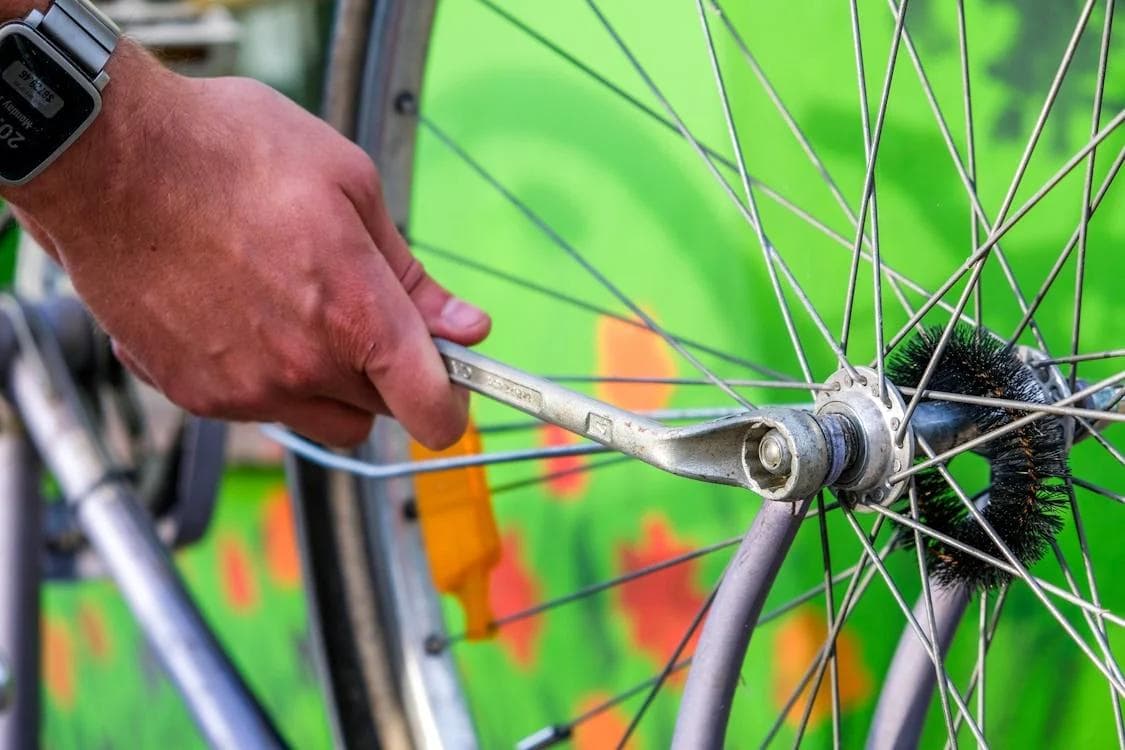Cost-Effective Solutions for Worn-Out Bicycle Bearings
Bicycle maintenance is crucial for a smooth and safe ride. One common issue cyclists face is worn-out bearings. Bearings are essential for the smooth operation of your bike's wheels, pedals, and headset. When they wear out, your ride becomes rough and less efficient. Fortunately, there are cost-effective solutions to address this problem without needing to spend a fortune. Here's how you can tackle worn-out bicycle bearings on a budget.
Understanding Bicycle Bearings
Before diving into solutions, it's important to understand what bearings are and why they're vital. Bearings are small balls or rollers that reduce friction between the moving parts of your bicycle, such as between the wheel and the axle. They come in two main types: sealed cartridge bearings and loose ball bearings (cup and cone).
Sealed Cartridge Bearings
These are maintenance-free and sealed from the elements but need to be replaced when they wear out.
Loose Ball Bearings (Cup and Cone)
These can be serviced, cleaned, and re-greased, making them a more cost-effective option in the long run.
Diagnosing Worn-Out Bearings
Signs of worn-out bearings include:
- Grinding or crunching noises when you pedal or turn the handlebars.
- Excessive play or wobble in the wheels, pedals, or headset.
- A feeling of resistance or roughness when spinning the wheels or pedals.
Cost-Effective Solutions
1. Servicing Loose Ball Bearings
If your bike uses loose ball bearings, you're in luck. Servicing them is straightforward and inexpensive.
Tools You'll Need:
- Wrenches for removing wheels or pedals.
- A cone wrench for adjusting the bearings.
- Grease.
- Replacement ball bearings (very affordable).
Steps:
- Disassemble the component (wheel, pedal, or headset).
- Clean all parts thoroughly.
- Inspect the cups and cones for wear. If they're in good condition, proceed.
- Replace the old ball bearings with new ones.
- Re-grease the bearings, cups, and cones.
- Reassemble, adjusting the bearings so they spin smoothly with no play.
2. Replacing Sealed Cartridge Bearings
If your bike has sealed cartridge bearings that are worn out, you'll need to replace them. While this sounds expensive, there are ways to save money.
Finding Affordable Bearings:
- Shop online for generic bearings. You just need to know the size, which is usually printed on the side of the bearing.
- Buy in bulk if you have multiple bikes or want to stock up for future replacements.
Replacing the Bearings:
- Remove the component containing the worn-out bearing.
- Use a bearing press or a DIY method (plenty of tutorials online) to remove the old bearing and install the new one.
- Reassemble the component and install it back on your bike.
Preventative Maintenance
To extend the life of your bearings:
- Clean and lubricate them regularly.
- Avoid pressure washing your bike, as this can force water and dirt into the bearings.
- Inspect and adjust (if necessary) your bearings every few months.
Conclusion
Worn-out bicycle bearings don't have to be a costly problem. With a bit of DIY spirit and some basic tools, you can service or replace your bike's bearings affordably. Regular maintenance can also prevent premature wear, saving you money and keeping your rides smooth. Whether you're dealing with loose ball bearings or sealed cartridge bearings, there's always a budget-friendly solution.
